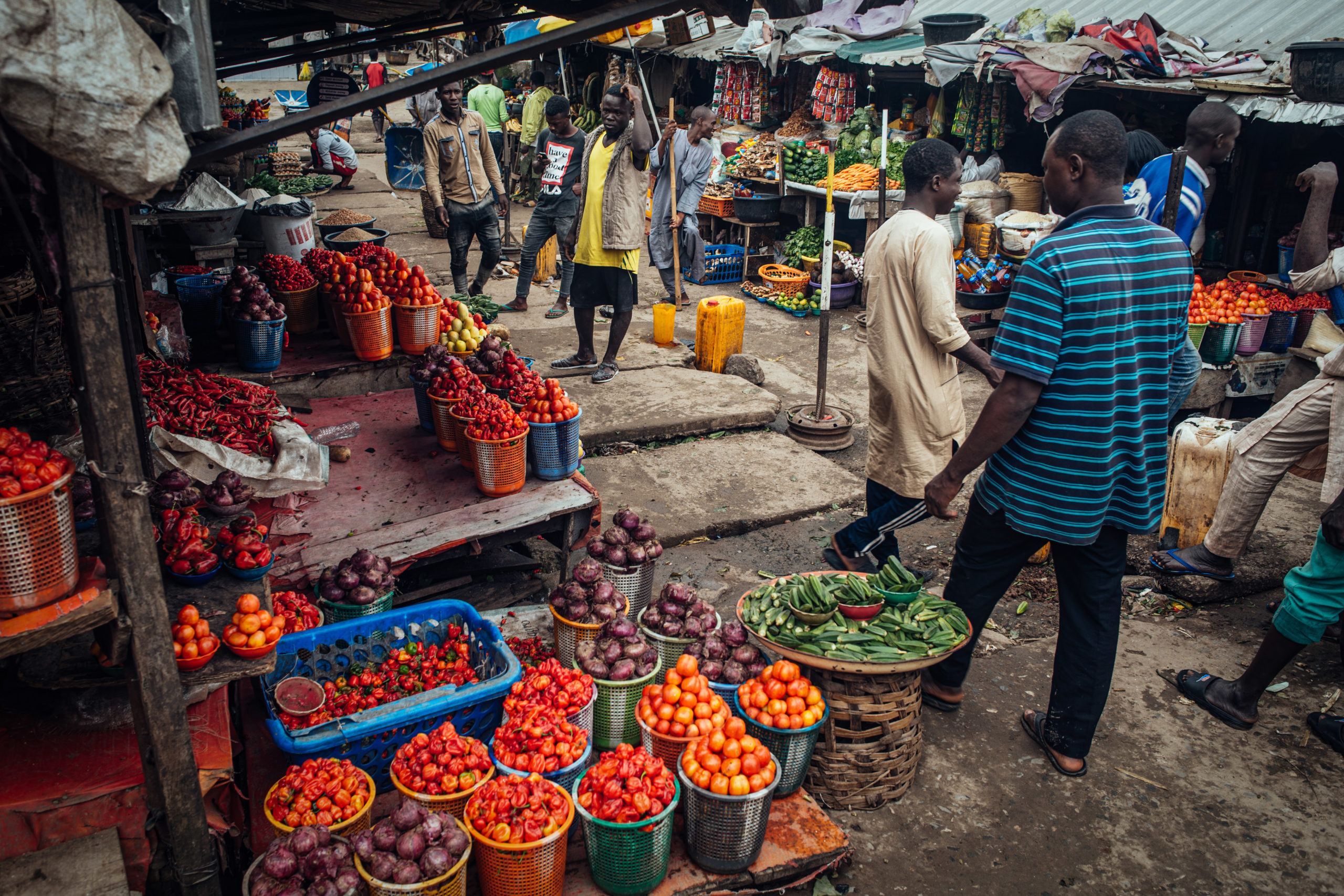The African Union Development Agency-New Partnership for Africa’s Development (AUDA-NEPAD), on Thursday, allayed fears over the prediction that more Nigerians might fall among the number of food insecure people in the world.
It noted that Nigeria under the present administration is on track to ensure food sufficiency for all through improved agricultural production.
The Chief Executive Officer, AUDA-NEPAD Nigeria, Gloria Akobundu, stated these in Abuja at the closing ceremony of a national workshop on the application of Juncao technology and its contribution to the achievement of sustainable agriculture and Sustainable Development Goals (SDGs) in Nigeria.
Akobundu noted the recent alarm raised by the Federal government that the current increase in the price of food items might plunge more Nigerians into poverty if appropriate measures were not taken.
Also, a report by the United Nations Food and Agriculture Organisation had also predicted that about 19.4 million people will face food insecurity across Nigeria between June and August 2022.
But she explained that the warnings do not imply that Nigeria was sitting on a time bomb in terms of food sufficiency.
She said, “Nigeria is not sitting on a time bomb with regards to food insecurity, because it has done well in terms of consolidating the agriculture business in Nigeria, irrespective of the negative predictions
“Nigerians are not lazy people, but with some kind of assistance to the rural smallholder farmers, the country will have a greater agricultural production which leads to food sufficiency, cushions the effects of hunger and improves nutrition. However, all hands have to be on deck.”
Akobundu also disclosed that the Chinese ambassador has demanded 20 hectares of land from the Federal Government to be able to develop a centre for Juncao technology which will boost the agricultural sector in the next two years.
She described the offer by the Chinese government as a good deal, saying that with improved technology, the country will have better agricultural yields.
She called for the domestication of the Juncao technology by through the involvement of the institutions, particularly the universities of agriculture.
“If agriculture is made to be more innovative and a business, we can get the young people to key into the initiative,” she said.
Akobundu added that the workshop was part of concerted efforts to boost the capacity of smallholder farmers in order for them to reap the full benefits of the relatively new agricultural technology.

